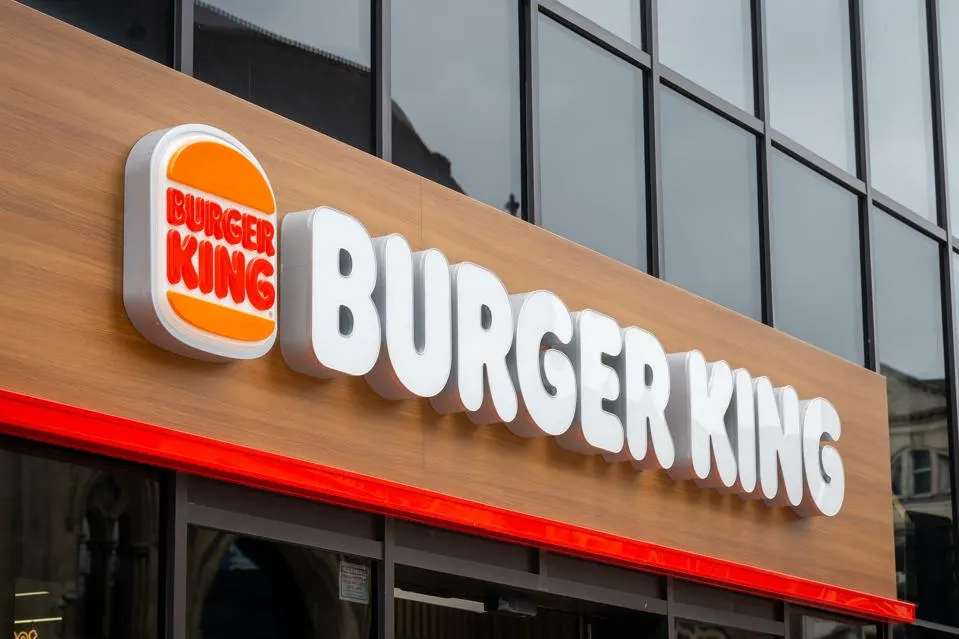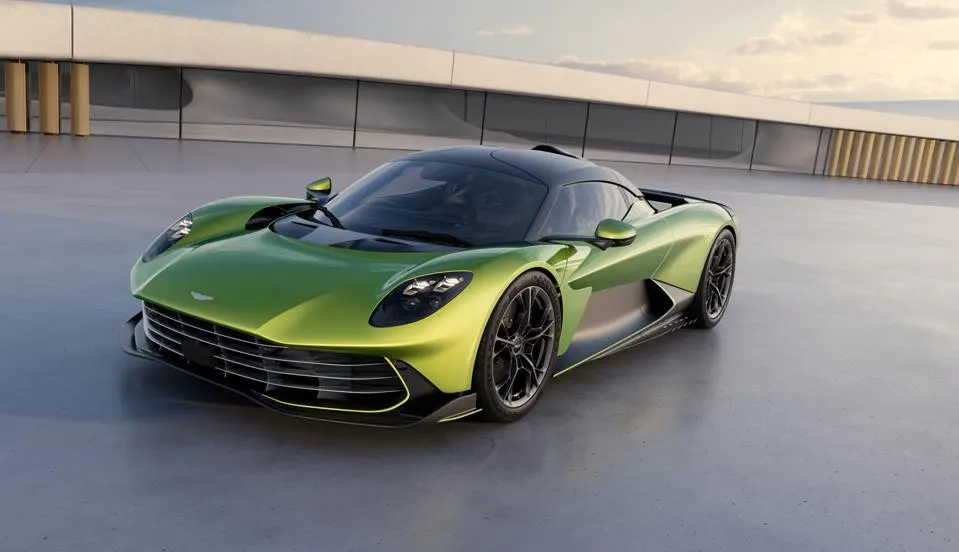Fast Food Drama: Burger King, McDonald’s, and the Power of Rivalry

The fast food world has always been about more than just burgers and fries. It is a stage where iconic brands like Burger King and McDonald's have battled for decades, creating a saga that blends entertainment with competition. These rivalries don't just sell meals; they tell stories that shape memories, spark debates, and keep consumers hooked.
It’s no secret that Burger King and McDonald's have been at odds for years. The rivalry started with campaigns like "Have It Your Way" versus the Big Mac and has only intensified with cheeky ads, big campaigns, and viral moments. From Burger King's infamous "Whopper Detour"—which lured customers away from McDonald's with a digital app offer—to the return of McDonald's beloved Snack Wrap, these one-upmanship moves are a masterclass in competitive marketing.
Last week, the rivalry escalated when McDonald's announced the return of its Snack Wrap, prompting Burger King to launch its own Royal Crispy Wraps. But the real buzz came from a fake meme on X (formerly Twitter), where a made-up post from Burger King claiming "We Don’t Snitch" went viral. The meme alleged that McDonald's staff had helped police with a criminal case. While Snopes quickly debunked the rumor, the speed with which it spread highlighted how fast-food rivalries have shifted from advertising to internet lore, where humor, drama, and misinformation can blend into fact and fiction.
Brand rivalries work because they tap into a fundamental human love for stories. Research from the American Marketing Association calls this the Rivalry Reference Effect, where referencing competitors creates a shared narrative that captivates audiences. It’s a proven formula: heroes, villains, and a touch of shade to keep things interesting. The result? Memorable, compelling campaigns that make us care about which fries or wraps we’re eating.
But it's not all fun and games. While memes like "We Don’t Snitch" can provide amusement, they also highlight the challenges brands face in a digital world where narratives spin out of their control. Social media has flipped the script, empowering consumers to shape, steer, and hijack brand identities. A brilliant ad can capture attention, but a mistake—or even a lie—can derail years of intentional branding.
Fast food chains have adapted to this reality, transforming their social media accounts into platforms for sarcasm and spectacle. Wendy’s, for example, has garnered a loyal following thanks to its witty Twitter responses. Taco Bell has become a leader in fan-driven campaigns, creating a sense of community that often blurs the lines between marketer and consumer. Here, every post, meme, and response is a high-stakes performance where relevance is king.
The Burger King-McDonald's rivalry started as a one-way street, but over time, it has evolved into a cultural institution. While their playful jabs are entertaining, they also reflect trends in consumer behavior that push both brands to innovate. From McDonald's all-day breakfast, introduced in response to customer demand, to Burger King's AI-generated ads, these battles are shaping the future of menus and marketing.
The "We Don’t Snitch" meme, though a nuisance, underscores how deeply these rivalries resonate with audiences. It wasn’t just a funny image; it was consumers participating in the narrative. In a way, this real-time co-authorship mirrors what fast food has always been: not just about convenience, but about connection.
Burger King and McDonald's have built their empires on this competition. This rivalry, aside from being great for business, is good for the culture of human interaction with fast food. They keep us entertained, engaged, and, above all, hungry. Whether through a coordinated campaign or a viral meme, we never forget the drama surrounding fast food: burgers, wraps, and the stories they tell.
In the end, the McDonald’s-Burger King saga is a long game—one that’s as much about shaping public perception as it is about selling meals. And as long as we’re still tuning in, these brands will continue to find new ways to keep the rivalry alive—one tweet, one wrap, and one punchline at a time.



